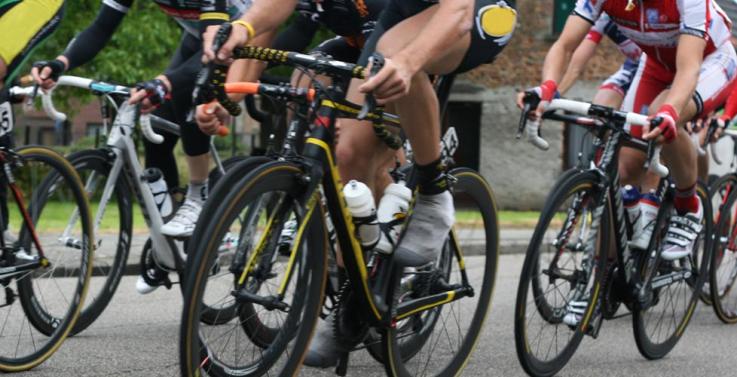
Professional cycling is a sport spinning out of control with question marks over its future, writes a leading academic.
In a piece published on The Conversation site Institute of Sport, Exercise and Active Living director Professor Hans Westerbeek said the fallout from the Lance Armstrong saga would mar the sport for a long time to come.
This came as the International Cycling Federation (UCI) backed the US Anti-Doping Agency's (USADA) decision to ban Lance Armstrong for life and strip him of his seven Tour de France victories for doping. He will also have to pay back the prize money he won.
Meanwhile, one of professional cycling's longest serving and biggest sponsors – Dutch institution Rabobank – announced it would withdraw from the sport with immediate effect.
Senior Rabobank executive Bert Bruggink said the bank could not afford to be affiliated with a sport "sick to the core, and this includes some of its governing entities".
Professor Westerbeek said many commentators and cycling insiders now feared the Rabobank withdrawal would lead to a domino effect of sponsor departures from the sport.
"The UCI must have seen it coming but were caught in a no-win situation: stand up for Lance Armstrong and openly confirm the view they had something to hide; or support the USADA report and tumble cycling into the biggest (financial) crisis the sport has ever witnessed and probably ever will," he said.
He said sponsors such as Rabobank and Nike obviously considered their business first and made investment decisions accordingly. But where does all this leave the sport?
"Like doped-up Olympic sprinter Ben Johnson, someone had to be sacrificed on the holy altar of doping-free sport to not only shock the world into awareness, but also to protect the greater good – the sport as a whole," he said.
There was widespread belief in sporting circles that three out of the four runners in the Olympic 100m final in Seoul tested positive, he said.
"Senior governors allegedly agreed they needed a fall guy and that the other athletes were needed to keep the competition going. Lance Armstrong happened to be that guy for cycling. He was the spider in an intricate and widespread web of structured doping use – without which, according to some, one could not win a major race in those days," he said.
But none of this makes it easier for the many disillusioned cycling fans, he said.
"Those naive enough to think he was the only villain will judge him, those rational enough to realise that the performance indeed was superhuman, but that the means were illegal will assess his victories accordingly," he said. "Most of us cycling fans will simply be sad, because wouldn't it have been fantastic that a human body was capable of doing what Lance Armstrong did?"
ISEAL's team of researchers and postgraduate students specialise in elite and grassroots sport, active living and applied research in social and management sciences.
Read Professor Westerbeek's full article on The Conversation.
